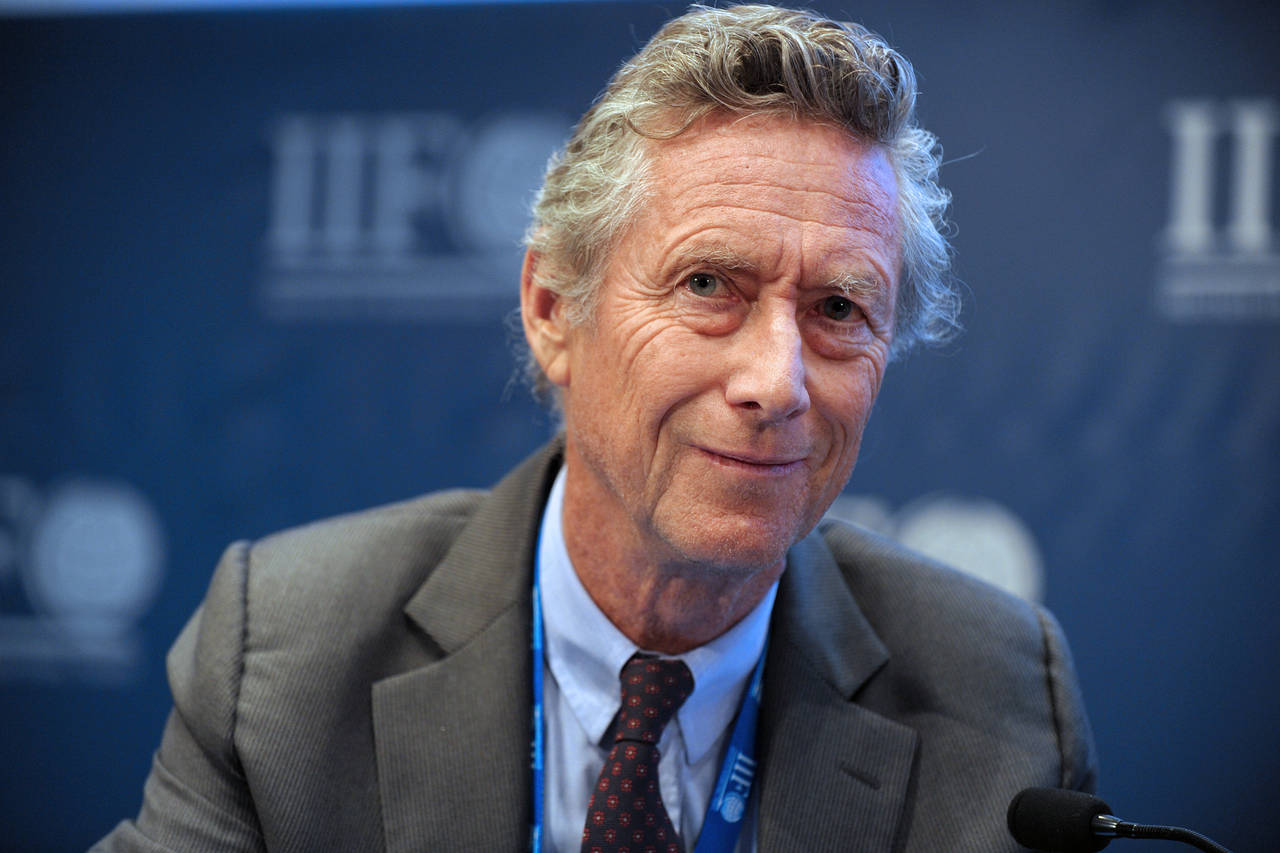Some thoughts on inflation
Over the holiday period there’s been an interesting debate about inflation stirred by former IMF chief economist, Olivier Blanchard.

Former IMF chief economist, Olivier Blanchard
>> Global inflationary pressure could ease in 2023
Mr. Olivier Blanchard argues that “Inflation is fundamentally the outcome of the distributional conflict between firms, workers and taxpayers. It only stops when the various players are forced to accept the outcome”. Seen in this light, it seems possible that inflation won’t be defeated merely through central banks supressing demand.
Another economist, Paul Krugman has taken this idea further and argued, correctly, that inflation is really a fallacy of composition. The analogy he uses is that of a football game. When things become exciting on the pitch a person may stand up to get a better view. Here the “excitement” refers to a firm’s belief that it can suddenly start to charge higher prices, or a worker that believes he or she can demand higher wages. If the firm/worker can do this, then they can gain an advantage over others. But if all the other “excited” spectators stand up, nobody has a better view; meaning nobody gains from the general rise in wages and prices.
What policymakers have to do is to take away the excitement and they do this by lifting interest rates or lifting taxes to reduce the ability of firms to charge higher prices and workers to demand higher wages. Amongst economists, this debate has developed in many different directions. For instance, it sparks the question from Krugman of whether inflation can be eliminated without having to take away the ‘excitement’, through price controls for instance.
Mr. Steve Barrow, Head of Standard Bank G10 Strategy, said that’s not his interest here, not least because widespread price controls are unlikely to happen in developed nations. Instead, he wants to think about those firms and workers that seem to have the most “excitement” or most pricing power right now and hence how inflation might develop in the future. For instance, demand is supressed by policy tightening but the pricing power of firms and workers is such that inflation is not eradicated.
“We have spoken on this theme before and we’ve generally argued that, on a country basis, the greatest pricing power amongst firms seems to lie in the US. For in spite of the view amongst many that the US is one of the most competitive and price sensitive countries in the world, the growth of large companies that force out (or buy up) the competition actually suggest that pricing power is very strong”, said Mr. Steve Barrow.
Take the fact that inflation in the US, UK and euro zone has risen to similar levels, with US CPI peaking at 9%, with the UK and euro zone just over 10%. But it has only been in Europe where we’ve seen these staggering increases in energy prices resulting from the war in Ukraine. Energy prices here have risen at up to a 40% annual pace, three times the rise seen in the US CPI.
>> US inflation and its implications for the FED's rate hike?
In Mr. Steve Barrow’s view, the closeness of inflation rates, in spite of these energy discrepancies is caused partly by the fact that US firms have displayed strong pricing power; something that’s reflected in very robust profitability levels, and has led President Biden to appeal to firms not to abuse their pricing power. Perhaps the slump in the share price some of these large companies reflects the fact that investors fear this pricing power will decline, although it might just reflect an unwinding of the prior boom in many of these larger companies, such as the FAANGs.
Whatever it is, policymakers in the US will find it harder to quell the “excitement” amongst its firms relative to those in Europe and Asia. But could things be different when it comes to wages? For here we might anticipate that countries with stronger s could see bigger wage/price spirals. The UK is certainly going through a notable period of conflict on this score and Europe, in general, is notable for higher collective bargaining than the US.
However, this only matters when labour markets are “normal”. At the moment, they are anything but normal because they are so tight and this implies just as much, if not more, wage pressure in countries with low isation, like the US. The bottom line on all this is that inflation is likely to prove much more stubborn in the US than it is in other developed nations, particularly Europe.








